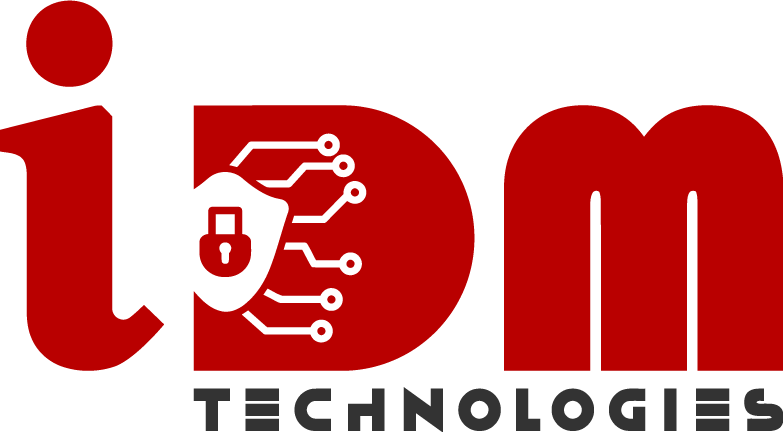Decentralized identity represents a transformative shift in how we manage personal information. By empowering individuals with control over their identities, this approach enhances privacy, reduces fraud, and fosters a more secure digital environment. At IDM Technologies, we believe that embracing decentralized identity is crucial for protecting our digital selves as we move toward a future dominated by digital interactions.


